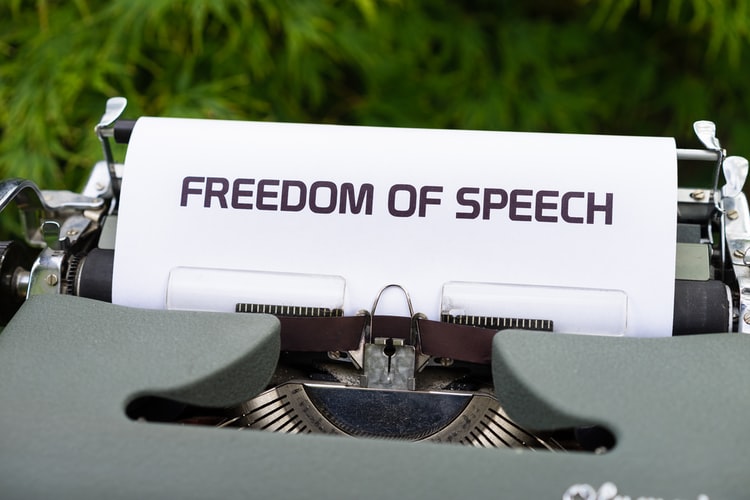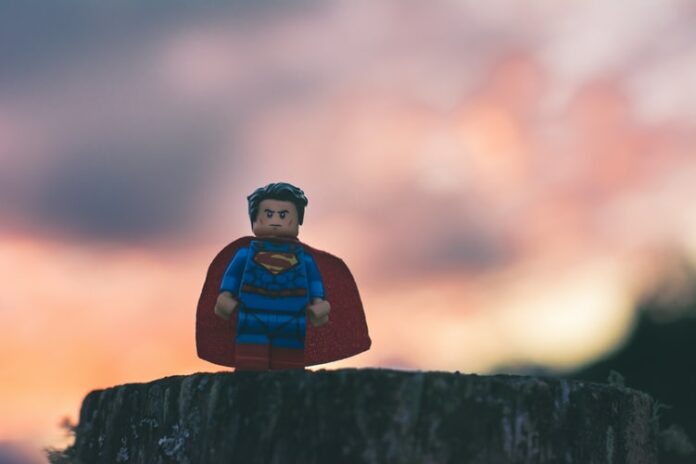By Venia Kontogianni,
Censorship has always been a bone of contention between governments and people, as well as a subject of hermeneutic dispositions by constitutions, all in an effort to protect the masses from unsolicited, alarming or adult content. So far, we were used to governments blocking content; in some cases, countries like China, Iran, Turkey or Cuba have blocked news platforms, as a means to regulate which pieces of information reach the eyes of netizens and control people altogether. However, in this instance, a while ago, we witnessed several platforms unanimously banning prominent personality and former Twitter frequenter, Donald Trump. While it is my personal view that it is but a temporary measure, despite the head of Twitter, Jack Dorsey, claiming the contrary, it still stood as a fairly bold and decisive move, and certainly one not lacking symbolism, either. Users get banned from sites daily, but if you take it as what it was, a unilateral and executive decision by sites that made headlines, is mythization the offspring of censorship when it comes to polarizing figures? And just how politically correct is it to muzzle a popular voice? Banking on this circumstance, I will attempt to expound upon whether censorship creates a positive myth around something, hence generating an antithetical outcome.
Setting out from the basis that it is every site’s prerogative to ban users, especially, like in this case, due to fears of “spreading misinformation, hate speech, and inciting violence”, calling for a permanent suspension of a politician’s account has left some rejoicing and others with a bad taste in their mouth. The President of Mexico, Andrés Manuel López Obrador, and German Chancellor, Angela Merkel, are among those who have reprobated the ban, and the European Commission ruled out the key decision making by platforms alone as “no longer acceptable”. With all that in mind, it is my opinion that everyone is entitled to speak his/her mind without fear of being stifled, and having one’s platforms permanently taken from them is an indirect insult to one’s freedom of speech. Nevertheless, when it comes to the aforementioned hurtful acts, which could never result in a silver lining outcome, temporarily impeding those who perform them could be the only way. If one proceeds in these actions again after being warned, a permanent suspension should take place, because users need to discern the point at which exercising their freedom gives way to obstructing others’. I am a firm believer in sharing one’s truth, as I am equally keen on weeding out the harmful content, the bullies and the people who add fuel to the fire of social division or hammer another nail in the coffin of hatred.

But what if censoring a popular persona actually works in its favor?
What happens when you bereave people from a polarizing and often megalomanic person? When the news broke, all the enraged supporters came to mind. People are divided into those who concur with this action and those who feel wronged by it. For the latter portion of people, this could serve as a common denominator that would make them stick together and augment cantankerous behavior. In other words, they could see it as an unjust way for the opposition to stifle the voice to whose views they can relate, thus making them go to greater lengths to show their support or avenge this “wrong-doing”. Therefore, the cause could still be carried on by those who embrace it and possibly with even more fervor. Another likely effect could be the heroization of this person, stemming from the indignation of sympathizers, who could perceive the censored person as a neo-martyr who gets punished for swimming against the current. The applicability of these theories to the “Trump ban” is uncertain, but it could be naïve to put it past the blindly supportive mob. Besides, censored content has garnered notorious word of mouth in the past, like the censorship of specific books by the Index Librorum Prohibitorum. It is prohibition that intrigues people to look for or talk more about such content and that is why I reckon sometimes censorship works reversely.
Ultimately, no one can hinder the outpour of support by people and that is generally a good thing, except for when it is aimed at political extremists. What should be taken away from this, is that a cacophony of outrageous or harmful content is not without a cost and its censorship could dichotomize ideologies even further, while gaining some sort of mythical dimension among supporters and fueling their feeling for some “greater cause”. At the end of the day, we are all users and this censorship showed that no matter who you are, in democratic states you cannot circumvent content policies, community guidelines or even sensitive social matters to push your agenda. It stands as a prime example that filters are not just for coffees.
References
- Twitter, Permanent suspension of @realDonaldTrump, Available here.
- Euronews, Donald Trump’s Twitter ban is ‘problematic,’ says Angela Merkel,Available here.
- The Washington Post, Mexico leader condemns Twitter, Facebook for blocking Trump, Available here.
- Euractiv, ‘No longer acceptable’ for platforms to take key decisions alone, EU Commission says, Available here.




